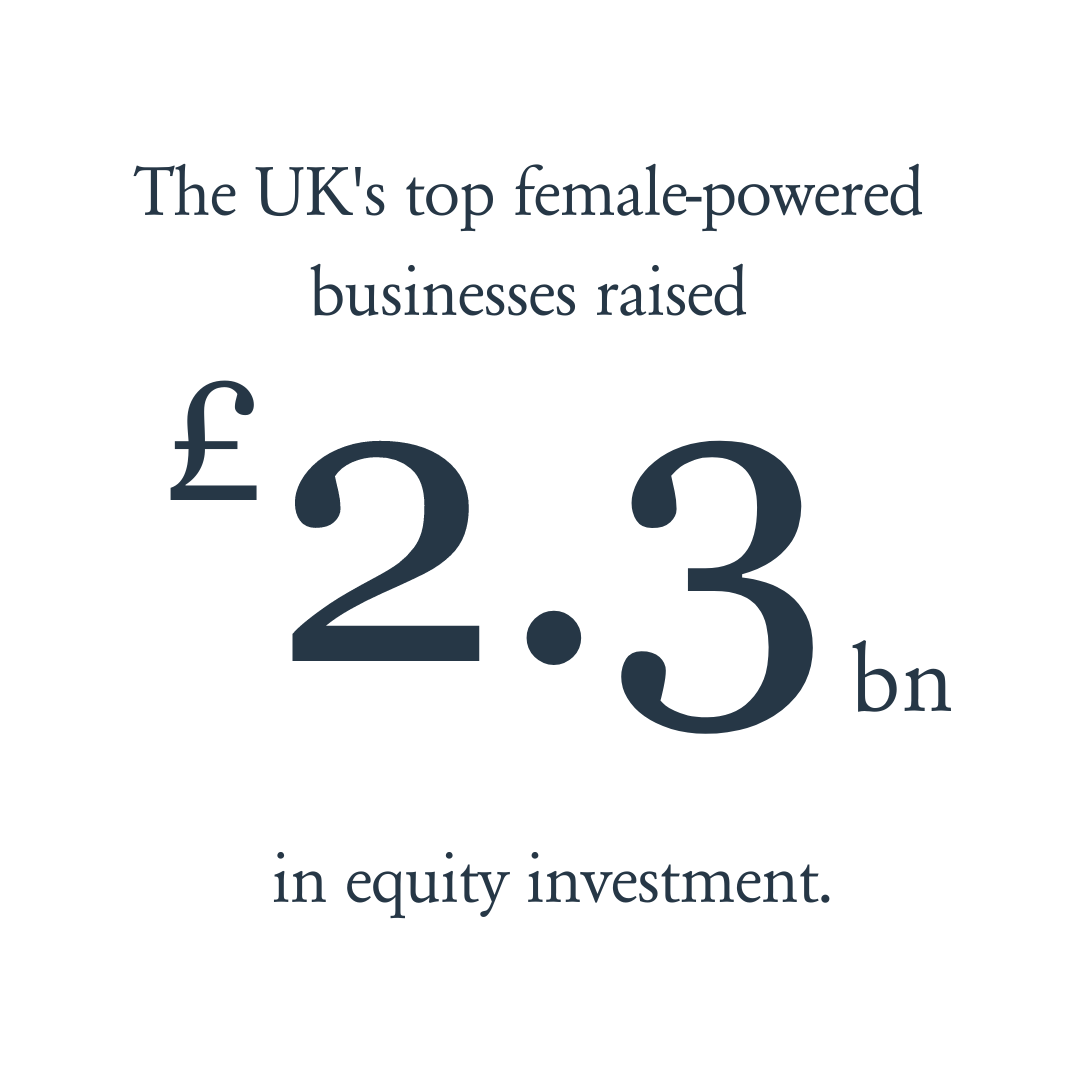
I have been tested a lot recently, in all corners of my life. Just when we thought we were over a global crisis, we entered another. Life as an entrepreneur, female business leader and single mother has never looked more different.
Anya Hindmarch, the British designer, started her business in the middle of the 1980s recession. Of all the challenges faced since then, she tells me that the pandemic forced her to think “more bravely than ever before”. And she did, launching a five-store village, dedicated to her favourite things, from the art of organising to recycled plastics.
The Covid crisis, and now our cost of living crisis, has demanded bravery and innovation from all business owners. Not only have the past few years been extremely challenging to navigate, but the paths to recovery are also unclear against an ever-evolving economic backdrop.
Personally, these last 3 years have tested me in every corner of my life; as an entrepreneur, a female business leader, a single mother and the daughter of a geographically divided family. Resilience, ingenuity and humility have been learnt and required at every turn. Despite the hardship, I’ve also witnessed exceptional leadership and success under pressure.
And it is important to continue highlighting the success of breakthrough leaders, their persistence in the face of challenges, their ingenuity in seizing opportunity, and to identify where more support is needed. Beauhurst and J.P. Morgan Private Bank’s Top 200 Female Powered Businesses report “provides us with a deeper understanding of how we can help women tackle some of the systemic challenges they face and enable entrepreneurs, female founders and businesses powered by women to maintain and accelerate their success,” says managing director Oliver Gregson.
So, what are the secret success ingredients to this female-led business growth?
Access to funding
First up, and perhaps the hardest to achieve, is access to funding. As Gregson points out, positive progress is being made as “the UK’s top female-powered businesses raised a record £2.3 billion in equity investment, up 41 per cent year-on-year” and achieved sales of £34 billion. Despite this, many women are missing out on critical funding opportunities through the pandemic, particularly early-stage funding.

_
As Anne Boden, founder and CEO of Starling Bank, comments: “When women founders do get funded, expectations are different. They do not get given the permission or privilege to lose a billion every quarter. There’s no ‘PayPal mafia’ for women who can support female founders, rally behind them, and push through their success.”
_
With investment, women are often forced to overcome hurdles and to pivot and pursue less traditional funding options, such as crowdfunding, to great effect. Platforms including Crowdcube and Seedrs account for three of the top five investors in female-powered companies. Other alternatives include platforms like Swoop, founded by Andrea Reynolds, to offer entrepreneurs easier access to debt, equity and grant based fundraising.
Big thinking
Successful business leaders and founders think big from the outset and plan for growth. Boden implores women to think bigger. “Some surveys suggest that women aren’t thinking about starting businesses or planning for outsized success early enough,” she says. “And when they do, they aren’t dreaming big enough.”
Joining a growth accelerator, such as the Business Growth Programme or Entrepreneurial Spark, can help supercharge aspirations and possibilities. Thirty-seven per cent of the top female-powered businesses attended an accelerator, compared with 19 per cent of high-growth businesses.
An enduring mission
Louise Hill, co-founder and chief operating officer at pre-paid card and app for children, GoHenry, emphasises the importance of staying true to a business’s mission and values. Founders must be their company’s biggest advocate, and they shouldn’t be afraid to ask the tough questions.
_
“A good founder has the company’s best interests at heart and is constantly questioning what the company needs,” she says.
_
Confident leadership
Olivia Wollenberg, founder and CEO of plant-based food and beverage firm Livia’s, shares the importance of delegation and trust.
_
“I’ve taught myself to hire, delegate, and trust the experts,” she says. “There are so many people who can do many things better than I can, and it is very important to acknowledge that as a founder.” Or as executive coach Lynn Scott wisely advised me: “Hire people that terrify you.”
_
Determination
Finally, from an investor’s perspective, Jeevan Sunner of Playfair Capital points to resilience as a key quality founders should possess.
_
“A willingness to overcome hurdles is what we look for in founders. Those with resilience and determination get us excited. I know that if a woman is sitting in front of you, she is going to be someone special… they believe in what they are doing so much more because they have had to fight.”
